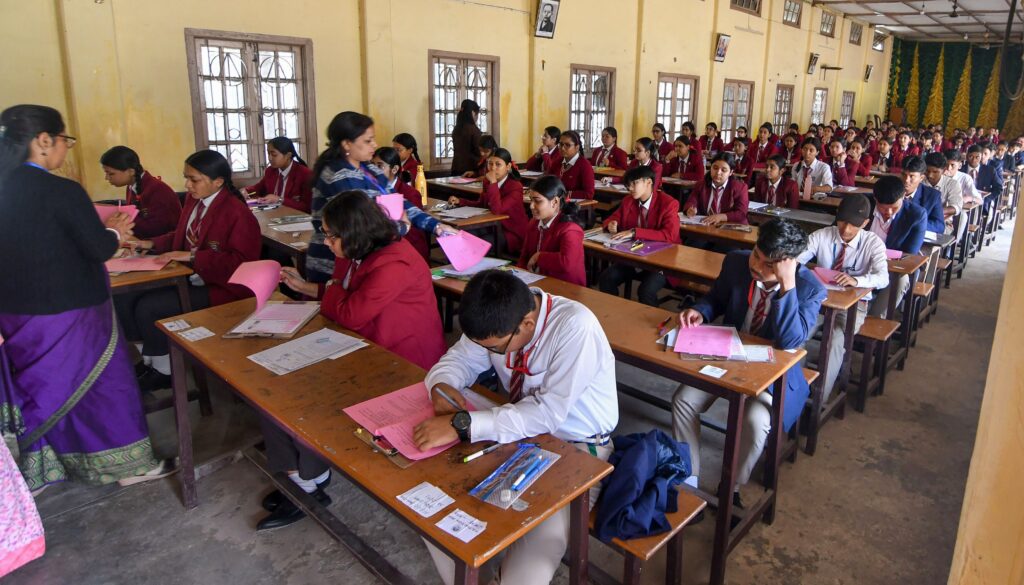In a major shift from rote-based learning, the Central Board of Secondary Education (CBSE) has approved the introduction of open-book assessments for Class 9 from the 2026-27 academic year. The move follows a pilot study that found strong teacher support despite students facing initial challenges.
Under the plan, open-book tests will be integrated into three pen-and-paper assessments each term, covering languages, mathematics, science, and social science. Students will be allowed to refer to textbooks, class notes, and other resources — but the real test will be their ability to apply, analyse, and synthesise information rather than just recall it.
The decision aligns with the National Curriculum Framework for School Education (NCFSE) 2023, a key part of the National Education Policy 2020, which emphasises competency-based learning and real-world application of knowledge.
A pilot study conducted for Classes 9 to 12 between 2023 and 2024 revealed student scores ranging from 12% to 47%, highlighting the difficulty of navigating resources effectively. However, teachers expressed optimism, citing the method’s potential to foster critical thinking and reduce exam stress.
CBSE will now create standardised sample papers to ensure quality and guide schools in designing such exams. While participation may remain optional, the Board hopes this framework will encourage schools to adopt the approach more widely.
This isn’t CBSE’s first experiment with open-book formats — a similar Open Text Based Assessment (OTBA) was introduced in 2014 but discontinued in 2018 due to limited impact. Officials believe this new model, backed by stronger teacher training and better-designed questions, will succeed where earlier attempts fell short.


